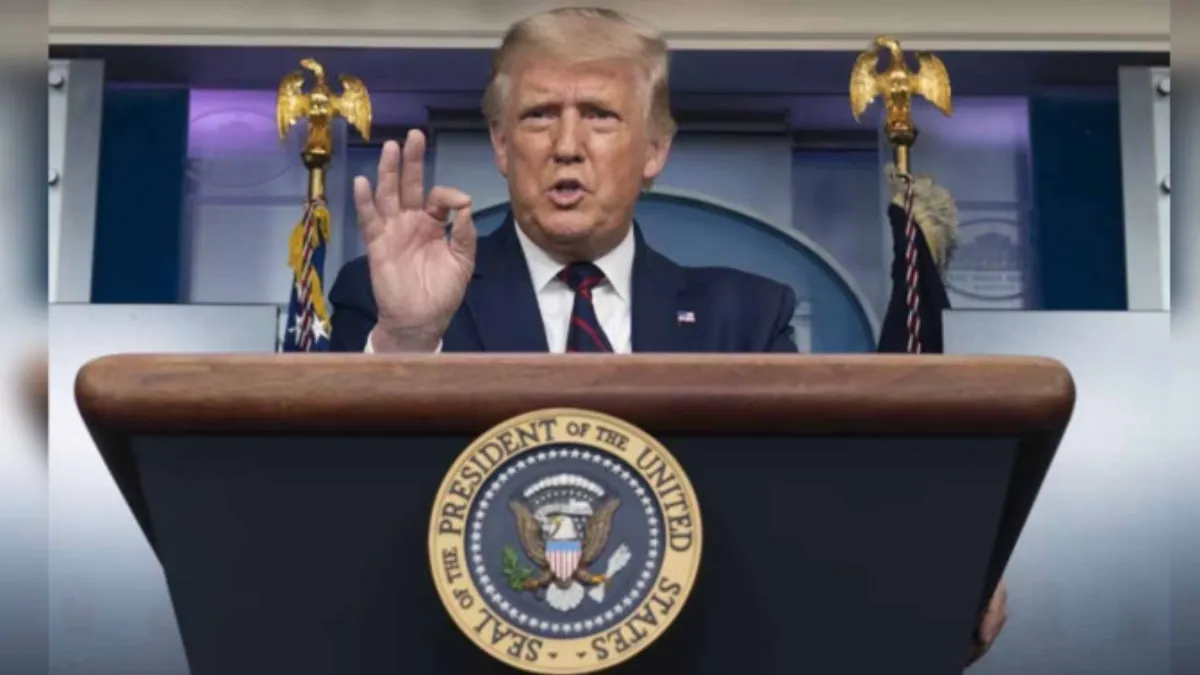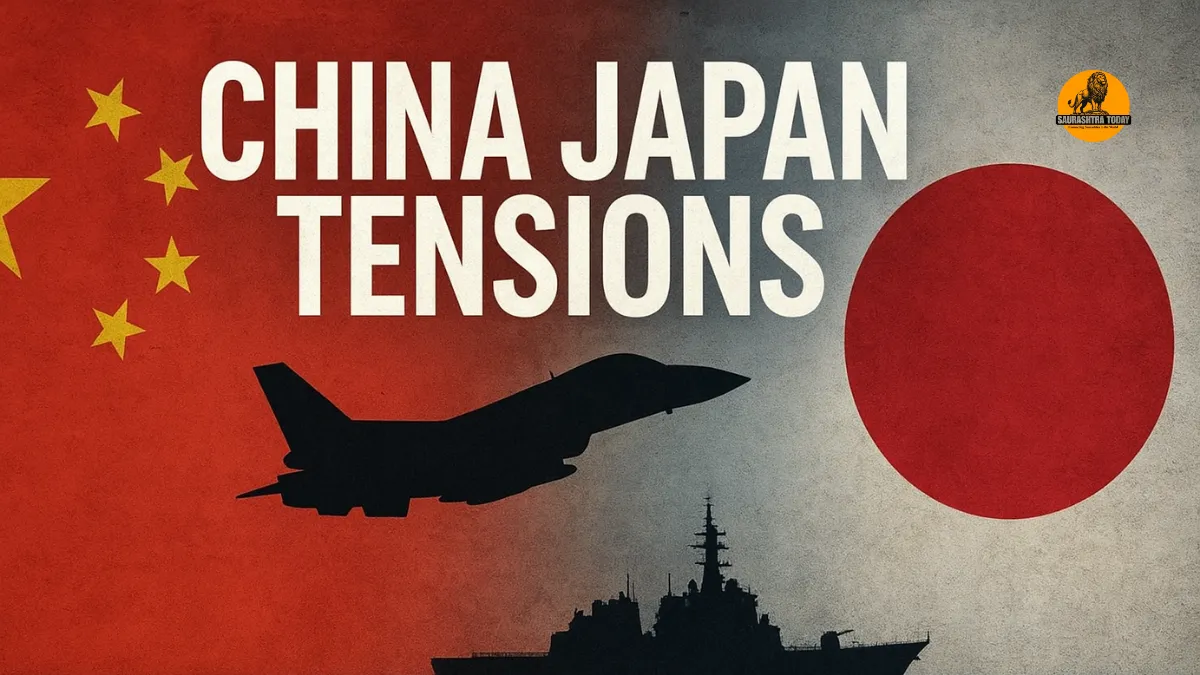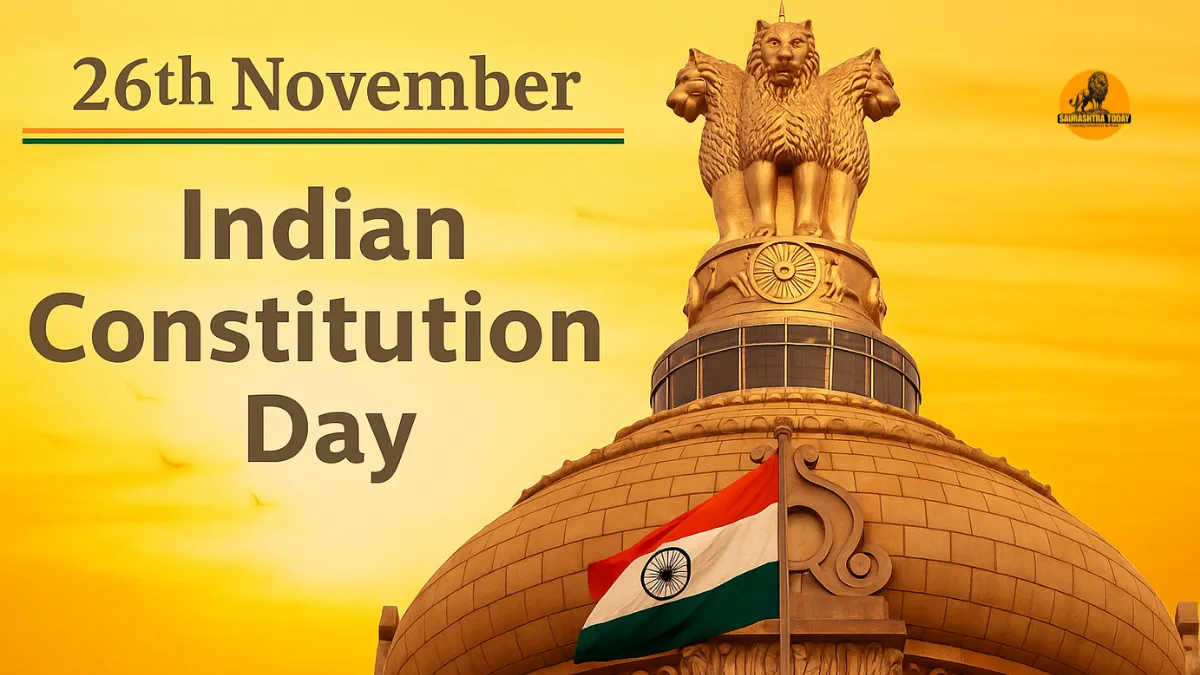Donald Trump: The global pharmaceutical industry is witnessing a significant development following a major policy shift by the United States. Donald Trump’s administration had initially planned to impose a 100% tariff on branded and patented drugs imported from outside the U.S., effective from October 1, 2025. This announcement had created tension across the pharmaceutical sector, particularly affecting India, one of the world’s largest drug exporters.
However, the administration has now decided to temporarily suspend this tariff plan. While the tariffs are not completely canceled, the delay provides temporary relief to pharmaceutical companies globally, including Indian firms.
Donald Trump’s U-Turn and Its Impact on Pharma Companies
The Trump administration is currently engaging in discussions with pharmaceutical companies to avoid imposing heavy tariffs. The aim is to negotiate with companies before enforcing tariffs and ensure that domestic production in the U.S. is maintained.
Additionally, the White House is exploring proposals from companies aimed at reducing drug prices. These negotiations are ongoing, signaling that while the immediate threat of tariffs has eased, the potential for future implementation still exists.
Pfizer Deal: A Game-Changer
In a major development, Donald Trump’s administration has struck a significant deal with New York-based Pfizer. This agreement is being hailed as a potential game-changer for the U.S. pharmaceutical sector. The deal is expected to strengthen domestic production and secure the supply chain, ensuring critical medications remain accessible.
Relief for Indian Pharma Companies
The temporary suspension of tariffs comes as a relief for Indian pharmaceutical firms. It is important to note that the tariff plan primarily targeted branded drugs and had limited impact on generic drugs. Hence, the overall effect on Indian exporters was expected to be restricted.
Meanwhile, Indian pharmaceutical giants are increasingly turning their attention to European markets to expand their global footprint.
Expansion in Europe
- Lupin Pharma, based in Mumbai, recently acquired Netherlands-based i-Care Pharma for approximately €190 million (around ₹1,976 crore), establishing a permanent presence in the European Union.
- Zydus Wellness acquired UK-based Comfort Click, strengthening its international portfolio.
- Zydus Lifesciences purchased French orthopedic company Amplitude Surgical, further enhancing its European reach.
These acquisitions reflect a strategic shift as Indian pharma companies diversify their markets and reduce dependency on U.S. policies.
Also read: Is America H-1B Visa Becoming Too Costly? Canada, Germany and UK See an Opportunity
Key Benefits of the Tariff Suspension
- Continuity in Exports – The export of branded drugs from India will continue without additional duties, ensuring supply chains remain unaffected.
- Higher Revenue Potential – With no tariffs applied, Indian companies are likely to maintain profit margins, enhancing revenue from the U.S. market.
- Boost in Foreign Investment – The suspension improves investor confidence in the Indian pharma sector, potentially leading to increased funding for new projects and expansion plans.
Future Outlook
While the tariff plan is temporarily delayed, its future implementation remains a possibility. Indian pharmaceutical firms must continue strengthening their strategies, maintaining a robust presence in the U.S. market while expanding in Europe.
Donald Trump’s approach underscores a willingness to negotiate with pharmaceutical companies rather than immediately enforcing punitive tariffs. This strategy helps maintain balance in both the U.S. and global pharmaceutical markets.
Also read: Trump Tariffs Movies: What It Means for Hollywood and Global Film Industry
Conclusion
The temporary suspension of Donald Trump’s proposed tariffs offers significant relief for Indian pharmaceutical companies. Coupled with the Pfizer deal and strategic expansion into Europe, Indian firms are well-positioned to enhance their global footprint and increase exports.
While future U.S. policy changes cannot be ruled out, the current suspension provides an opportunity for growth, foreign investment, and market diversification. Indian pharmaceutical companies are now better equipped to navigate global markets and continue their trajectory as key players in the worldwide pharmaceutical industry.

















